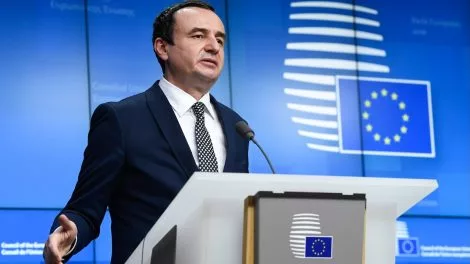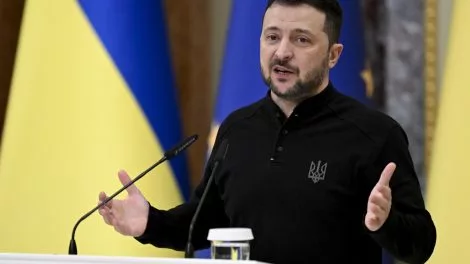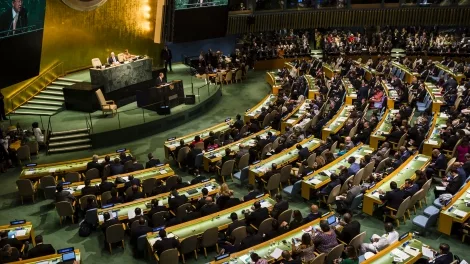The Former Yugoslav Republic of Macedonia is considering renaming the country, its airport and national motorway in order to resolve one of the world’s most vexing disputes. Among the new names being considered are Upper Macedonia, New Macedonia, Northern Macedonia and Macedonia (Skopje). The country’s Skopje Alexander the Great airport would become Skopje International Airport, and the main road to Greece would be known as the Friendship highway.
“This is an important development. We hope that it marks the start of a new chapter in the relations between our two countries and peoples,” commented Nikos Kotzias, the Greek foreign minister, in response to a statement by Macedonian Prime Minister Zoran Zaev.
The dispute goes back to Macedonia’s proclamation of independence in 1991. The Hellenic Republic has argued ever since that the Macedonian project is irredentist, and the huge government and civic buildings errected at great expense in the capital Skopje, as well as hundreds of statues of historical Macedonian figures, may suggest there is some truth in the Greek claims. Officially, the Macedonian project has two main aims: to draw in more tourists, and to reclaim aspects of the country’s history from its Greek neighbours, appealing to the patriotism of many ethnic Macedonians.
The region of Macedonia, formerly part of the Ottoman Empire, spreads across Greece, Bulgaria and the Former Yugoslav Republic of Macedonia. It is the fact that the name of the region has been used as the name of one country which has been most contested by the Greeks.
Greek Prime Minister Alexis Tsipras is as keen as Mr Zaev to reach a settlement. The dispute has been blamed for holding up Macedonia’s country’s aspirations to join NATO and the EU and for endangering western-style, liberal politics across the region.
In January 2018, Prime Minister Zaev said that Skopje and Athens have a real chance of settling a decades-old dispute over the name Macedonia by July.
“I believe it’s possible to find a solution by the end of the first semester of 2018. Our strategic orientation is conclusively [toward] the EU and NATO,” he said on Greece’s Alpha TV, on Orthodox Christmas Day – a day celebrated in both countries.
However, on February 4, well over 100,000 protesters from across Greece converged on central Athens’ to protest against any potential Greek compromise.
Published by: emerging-europe.com




